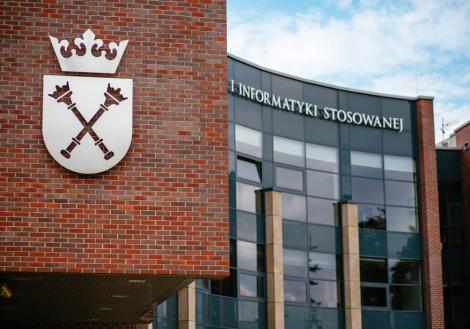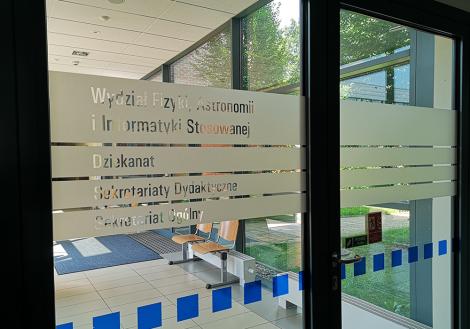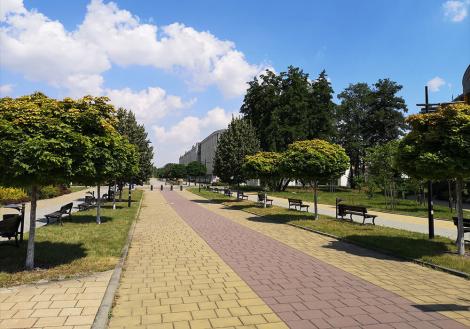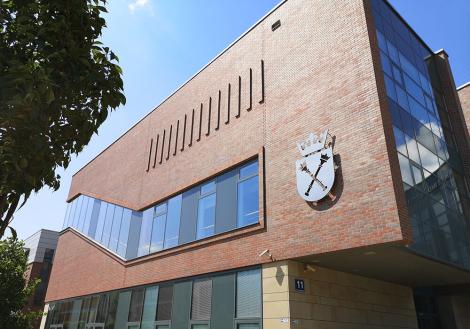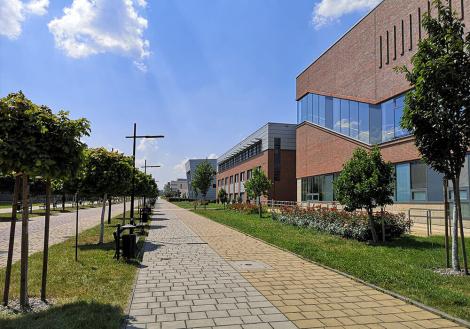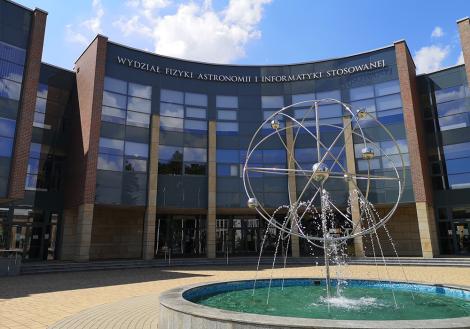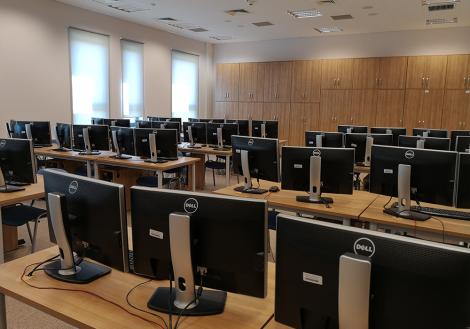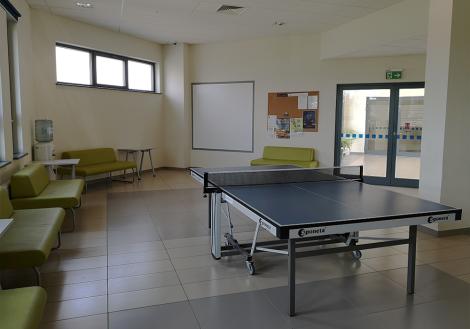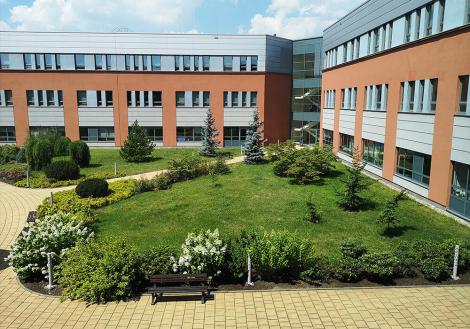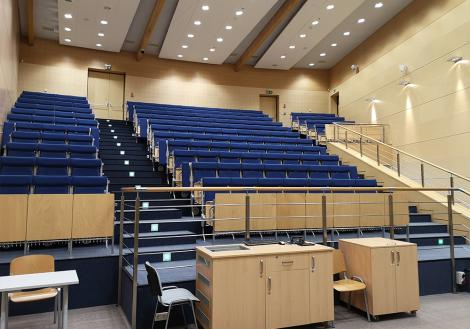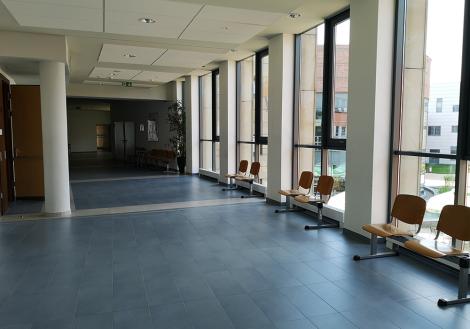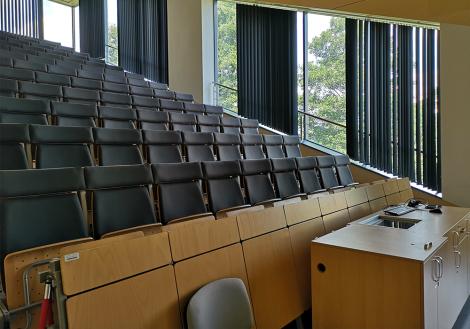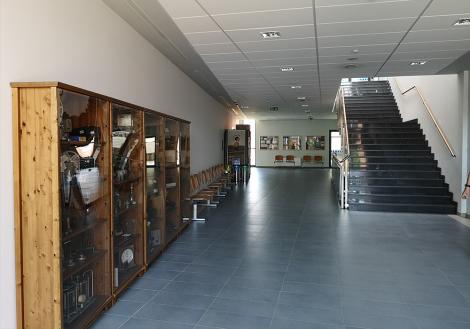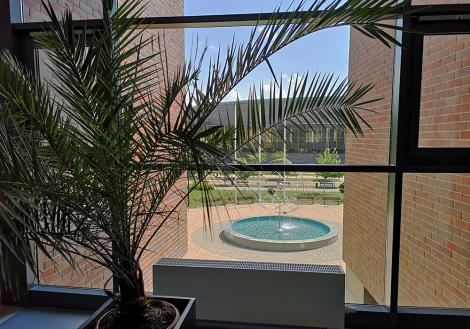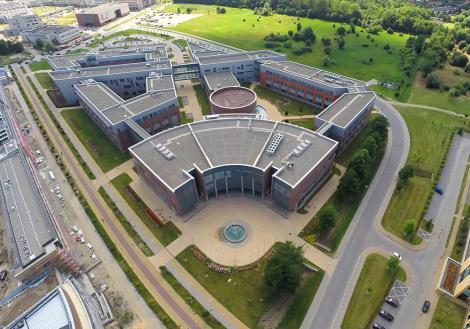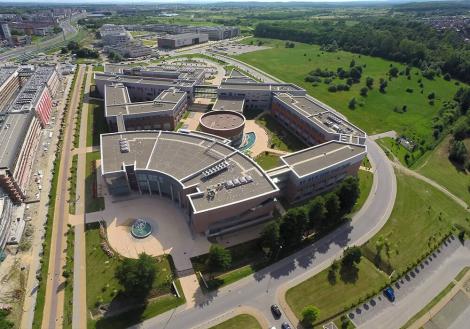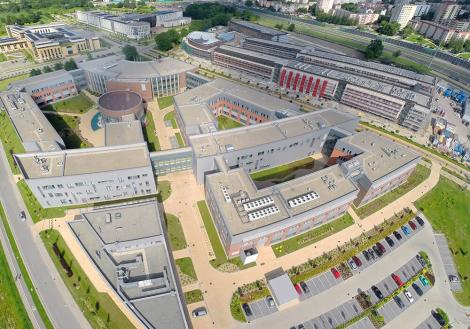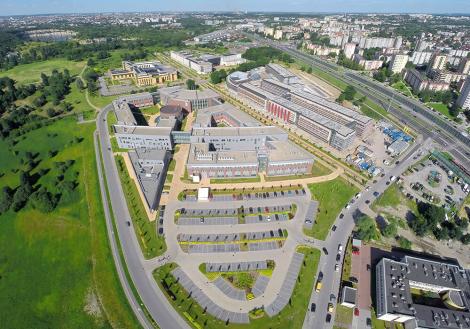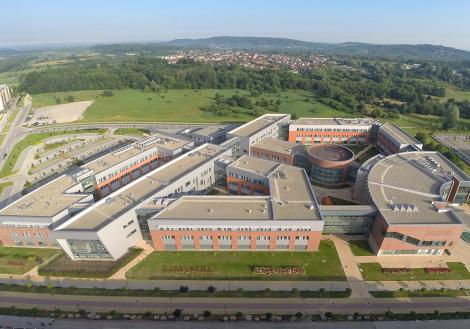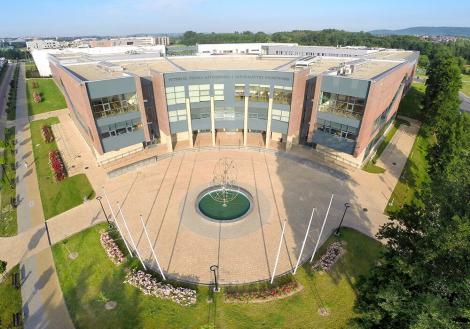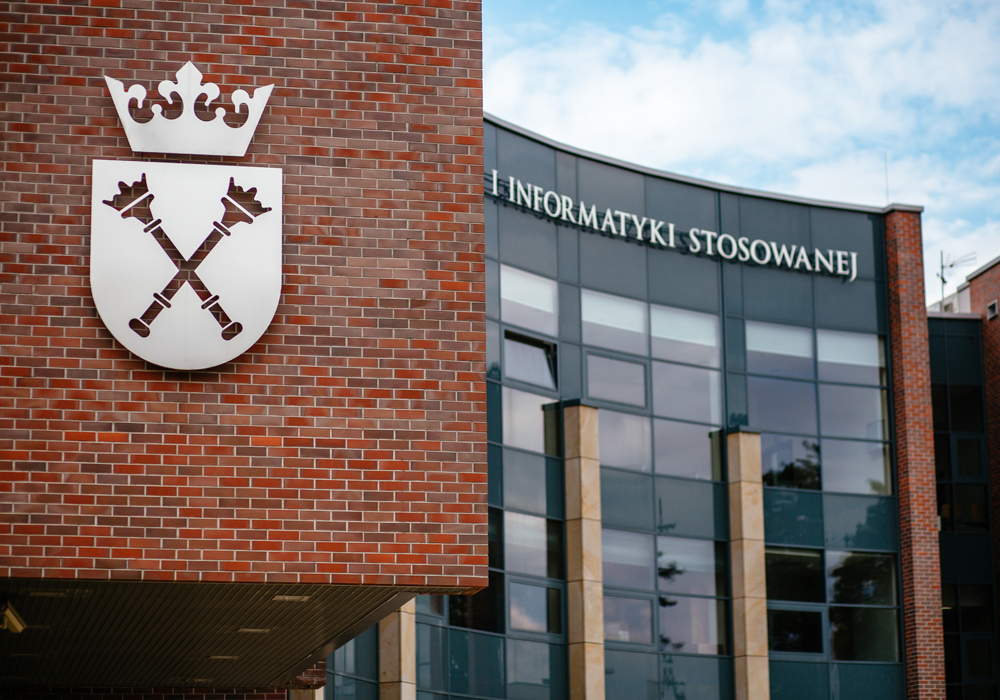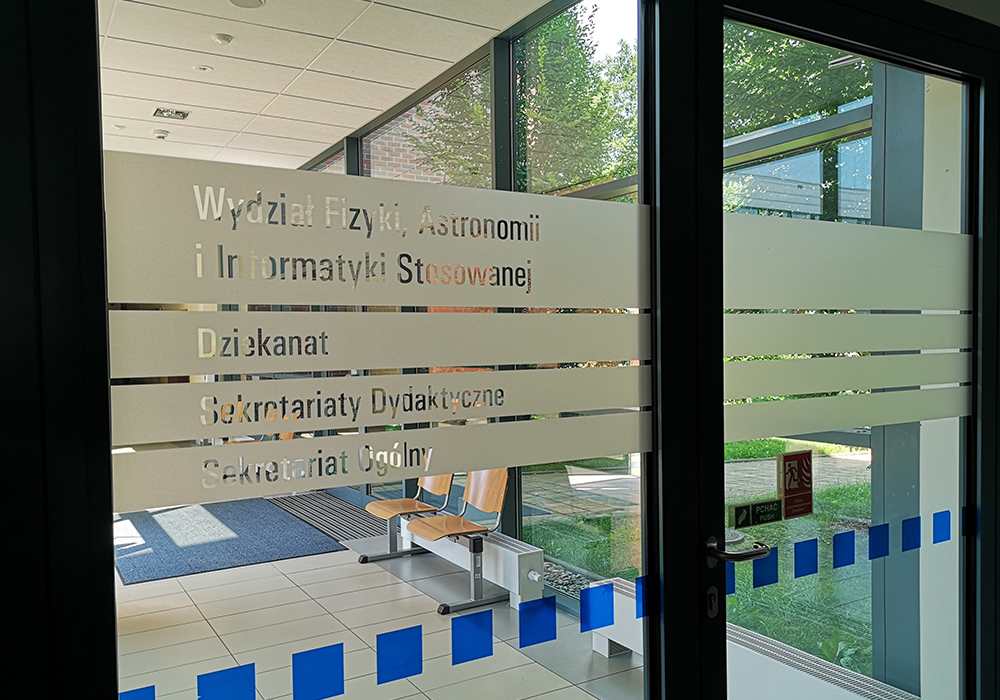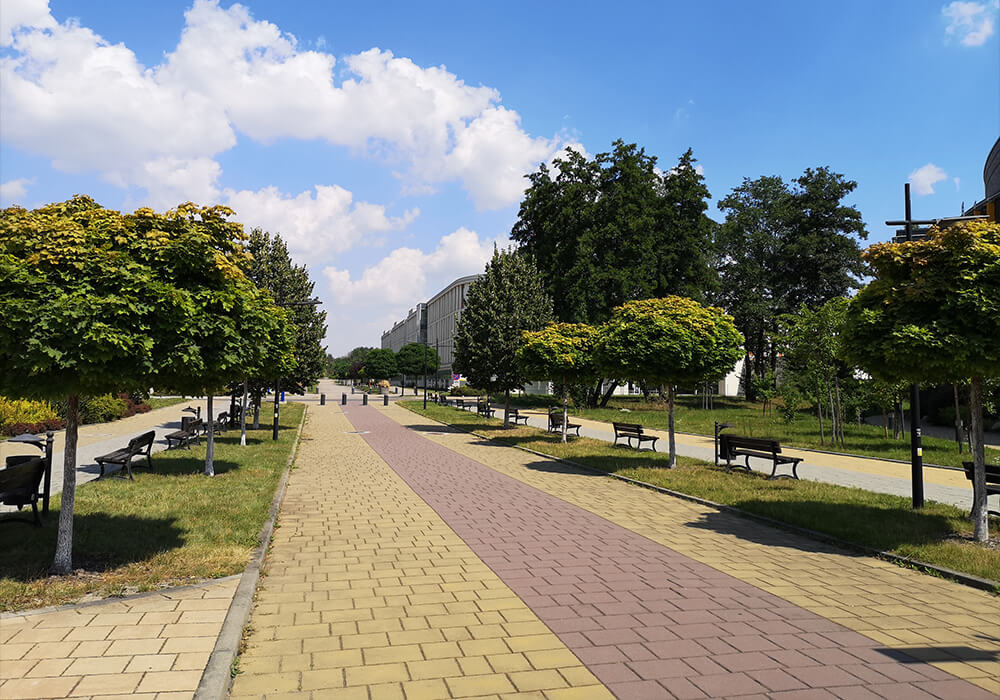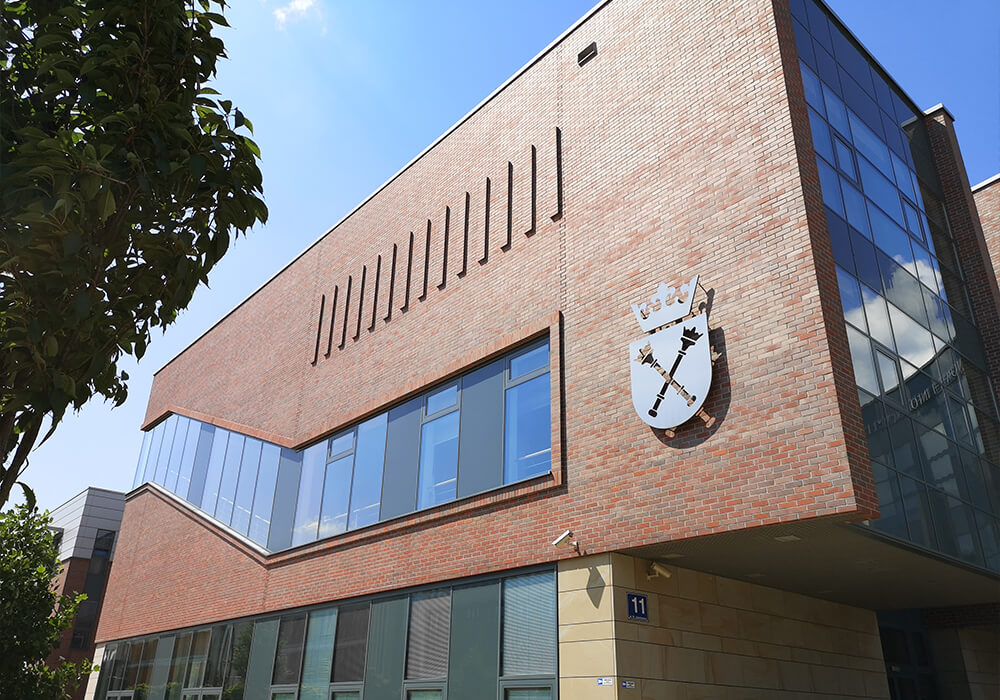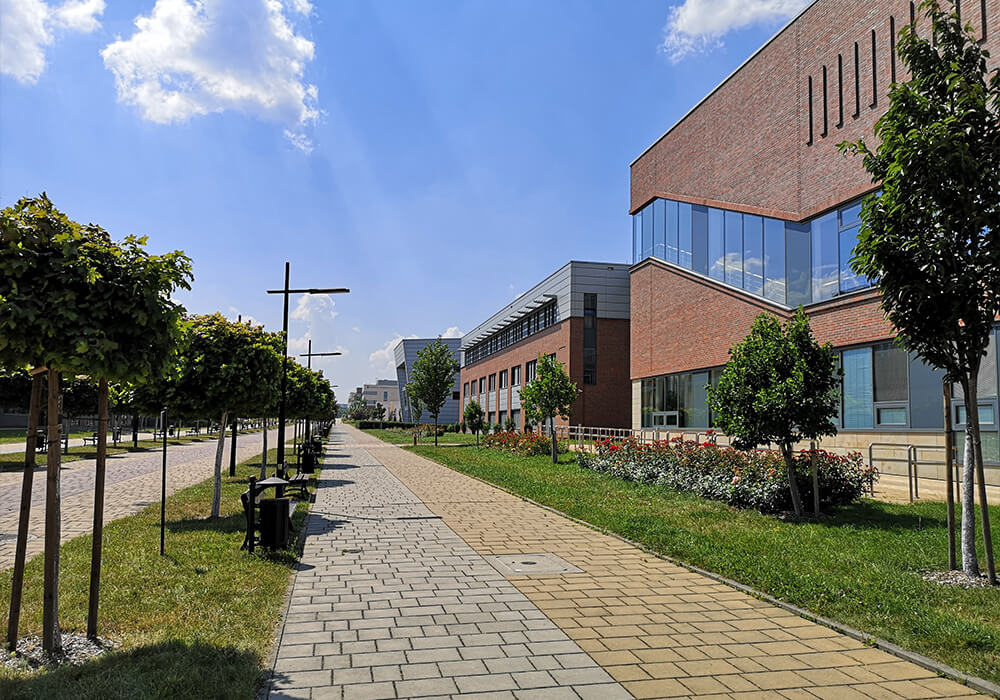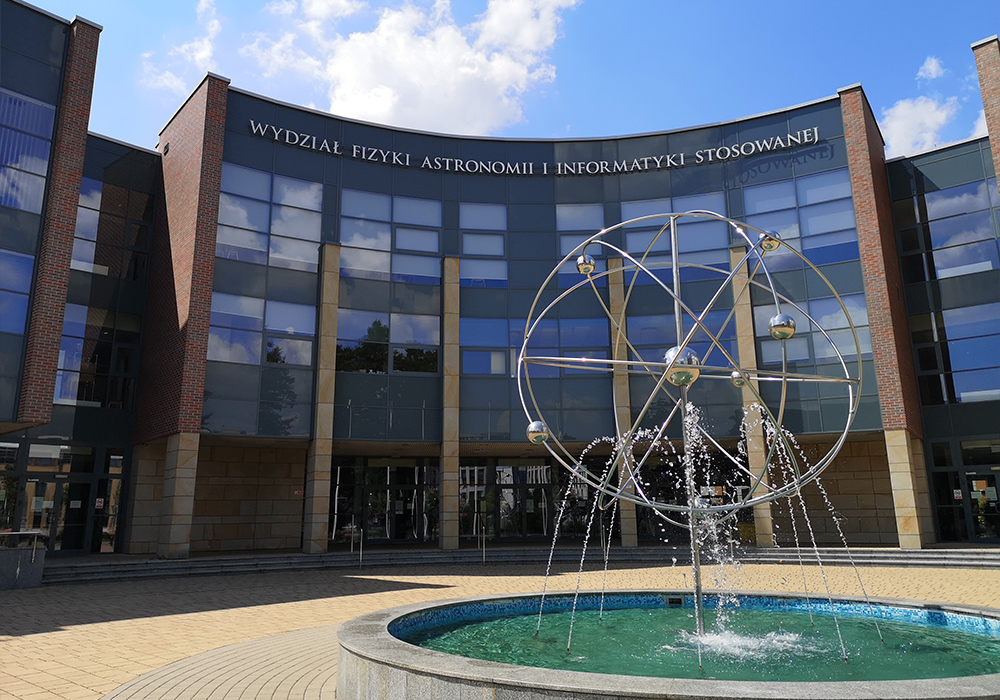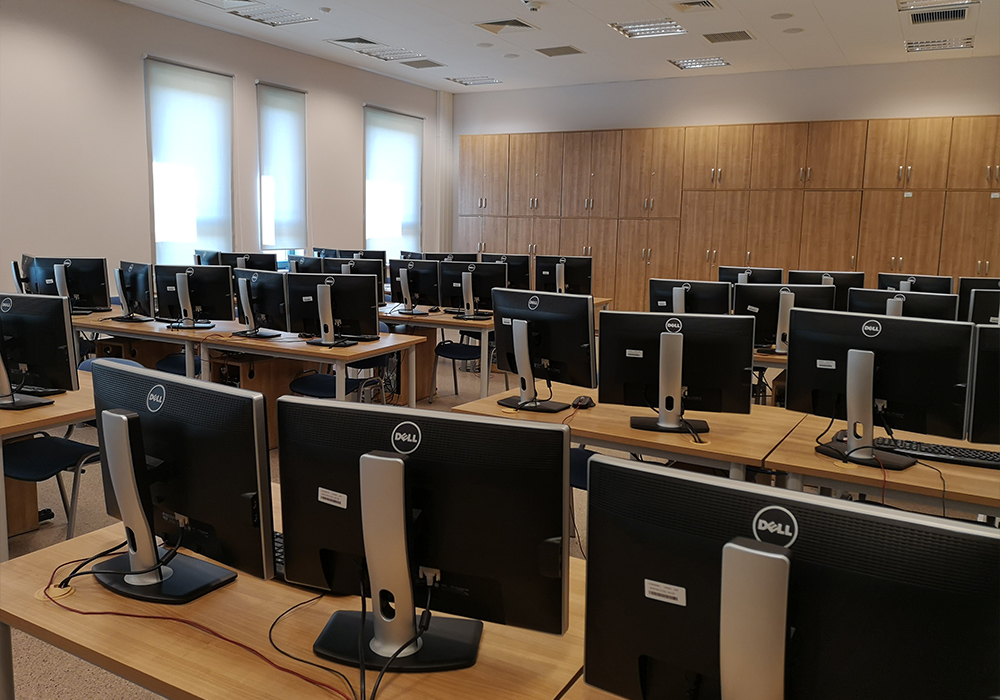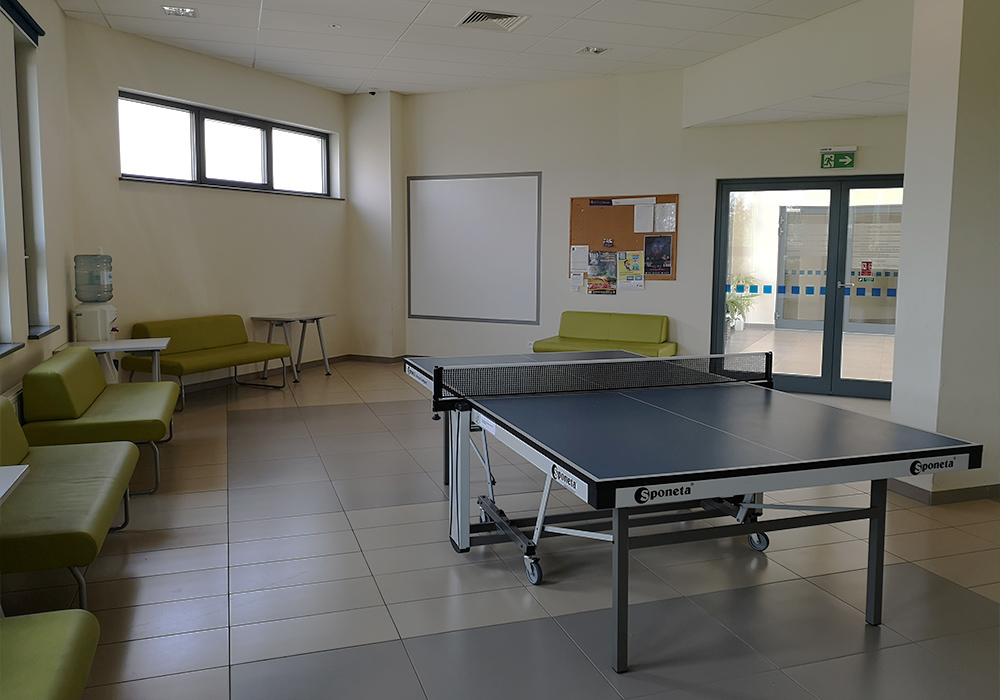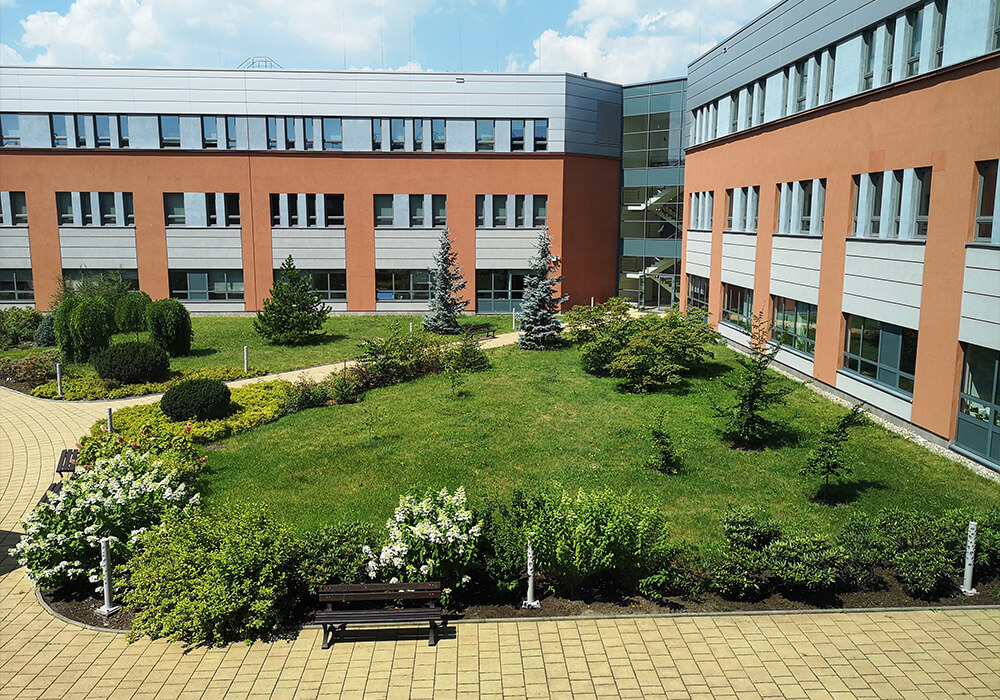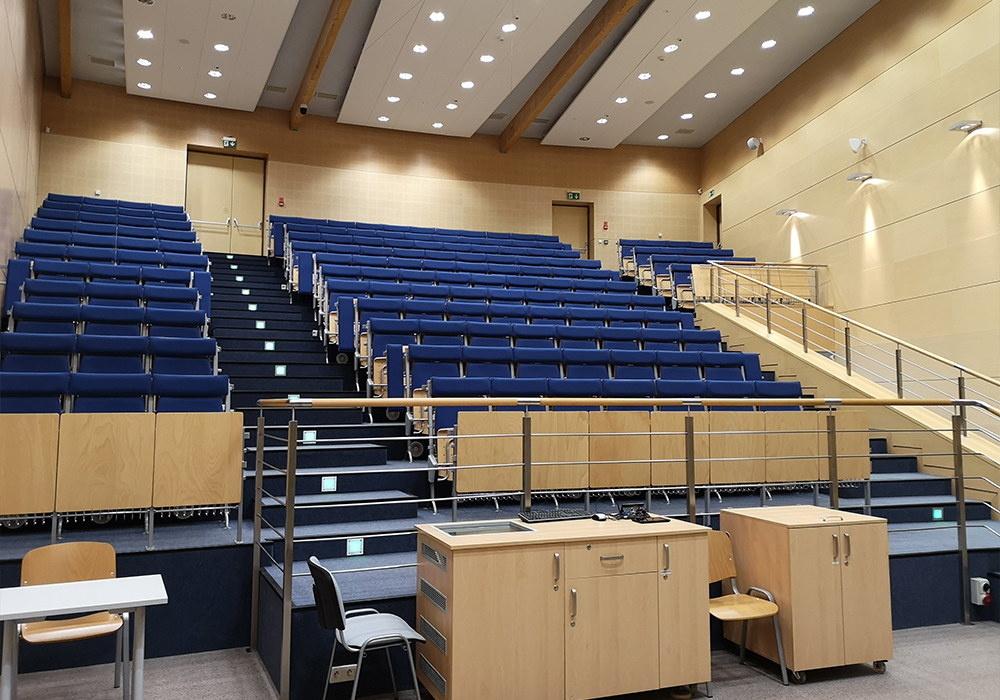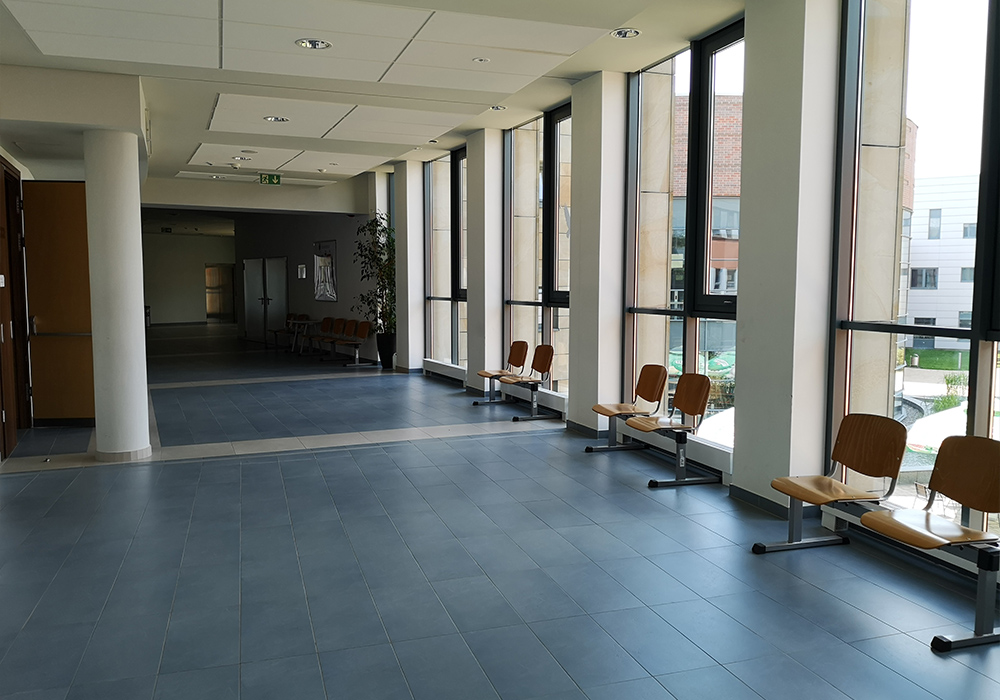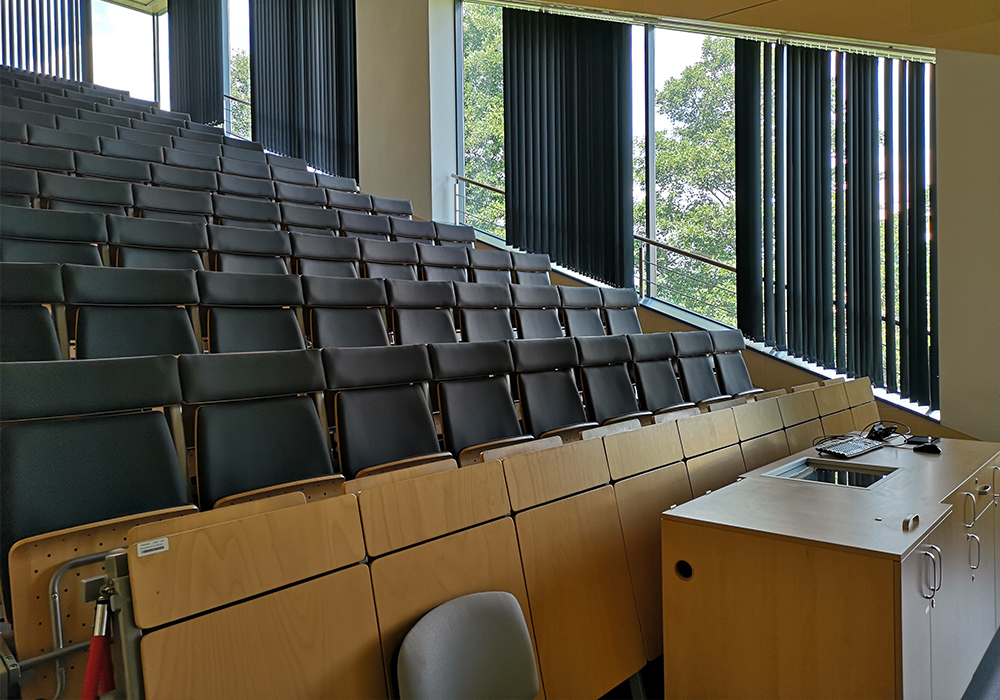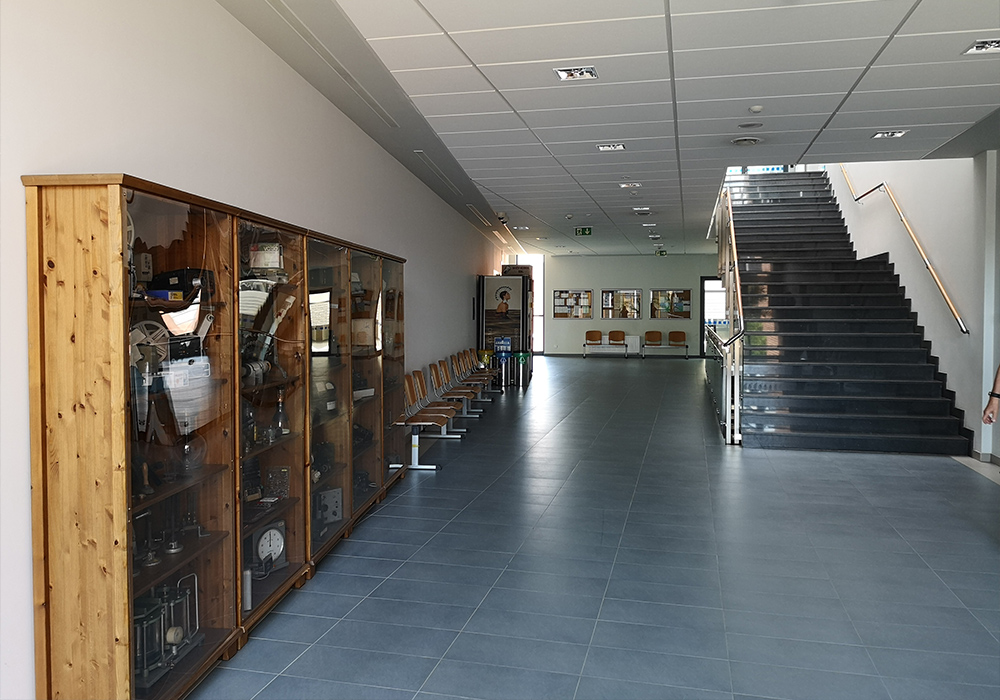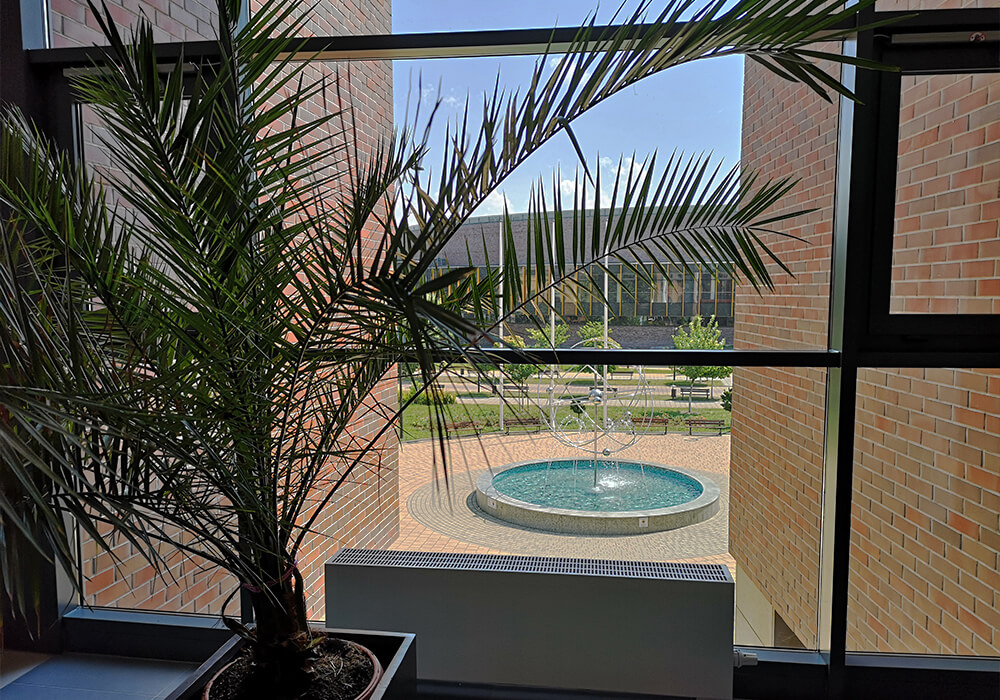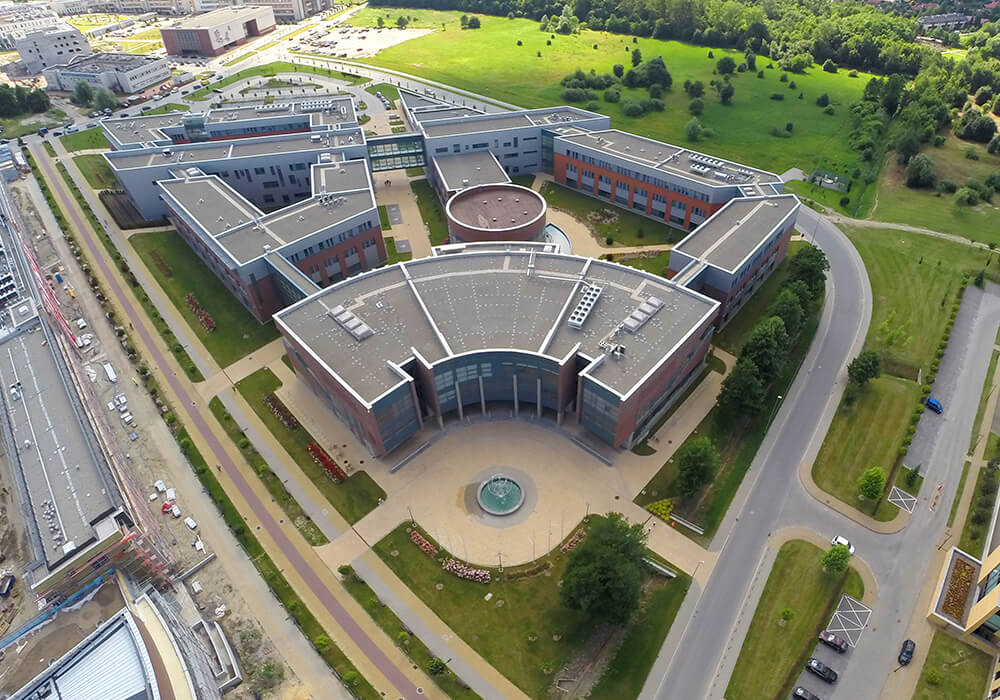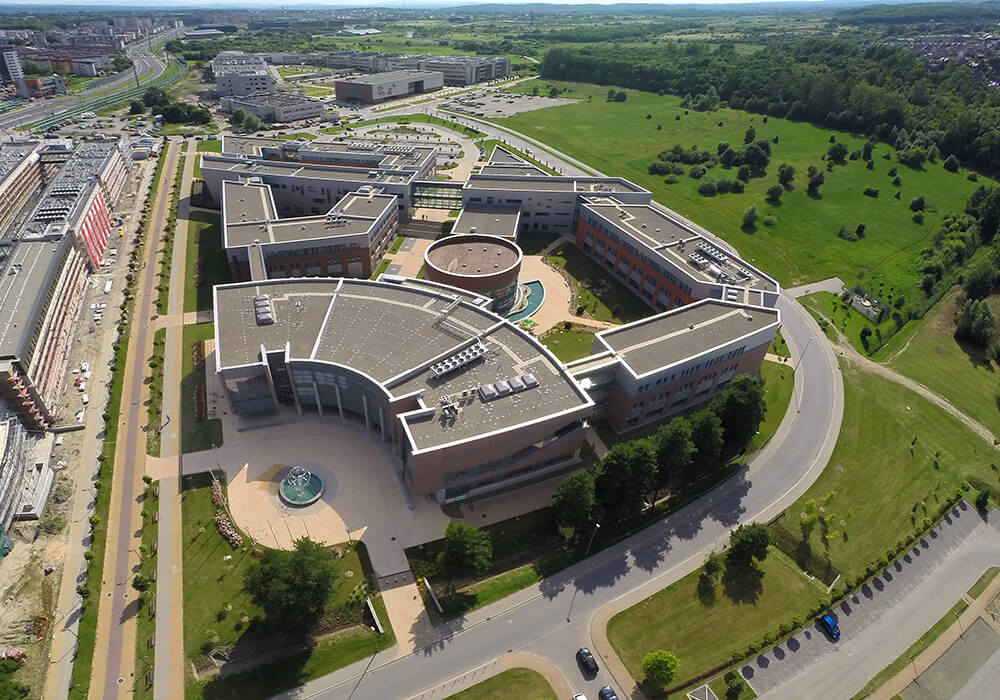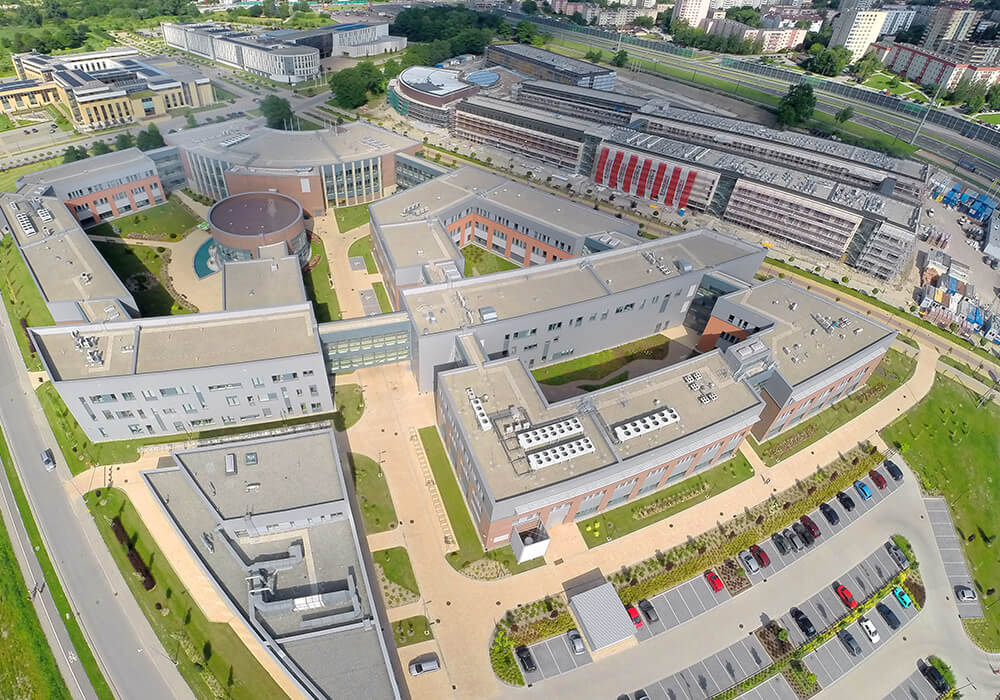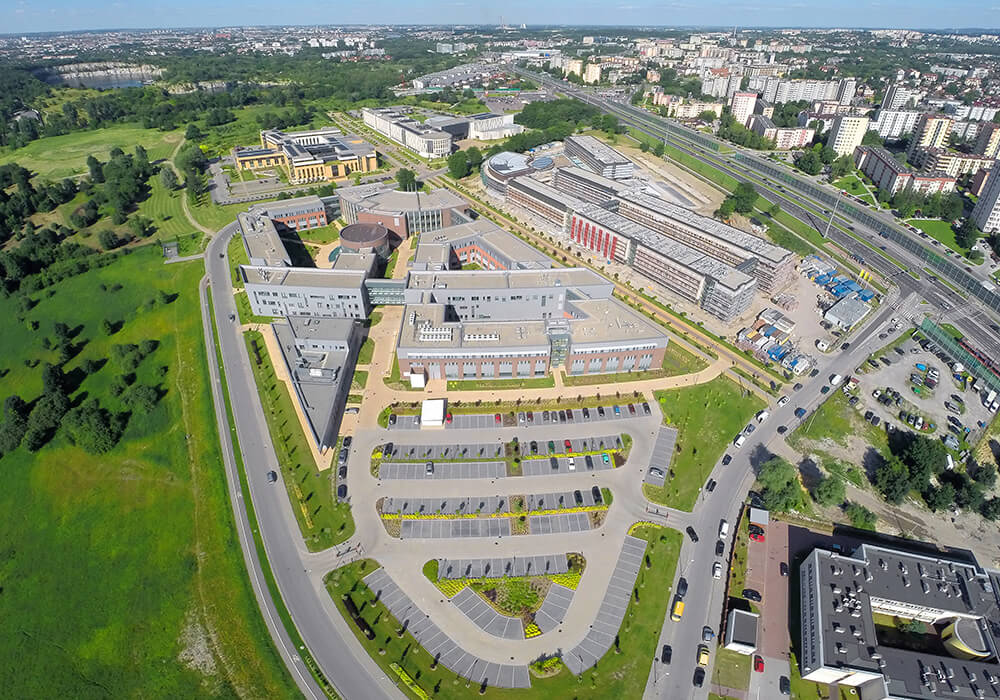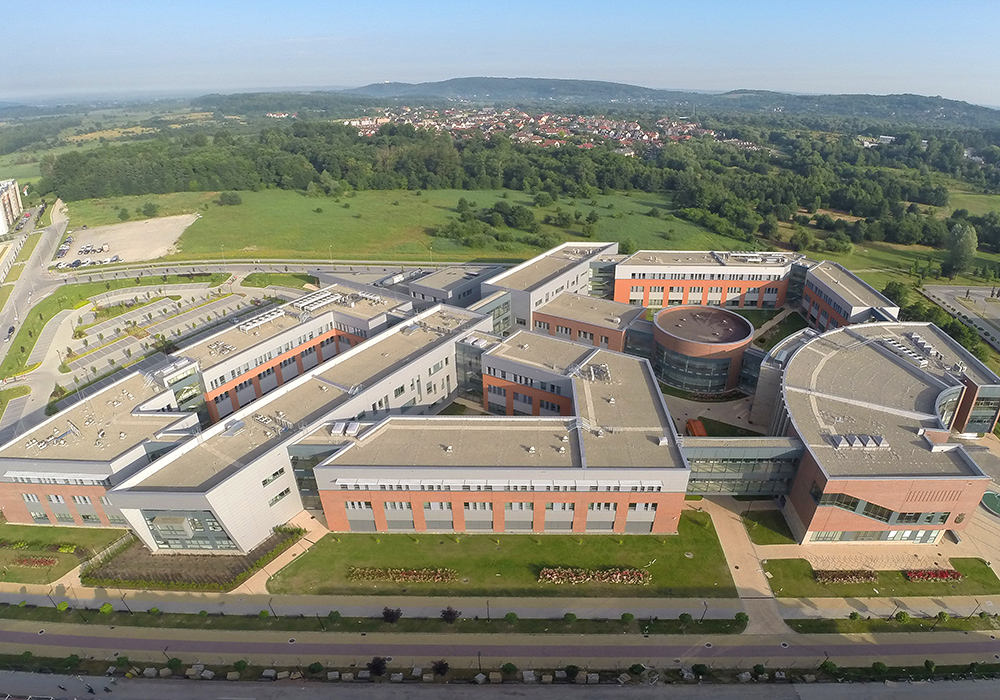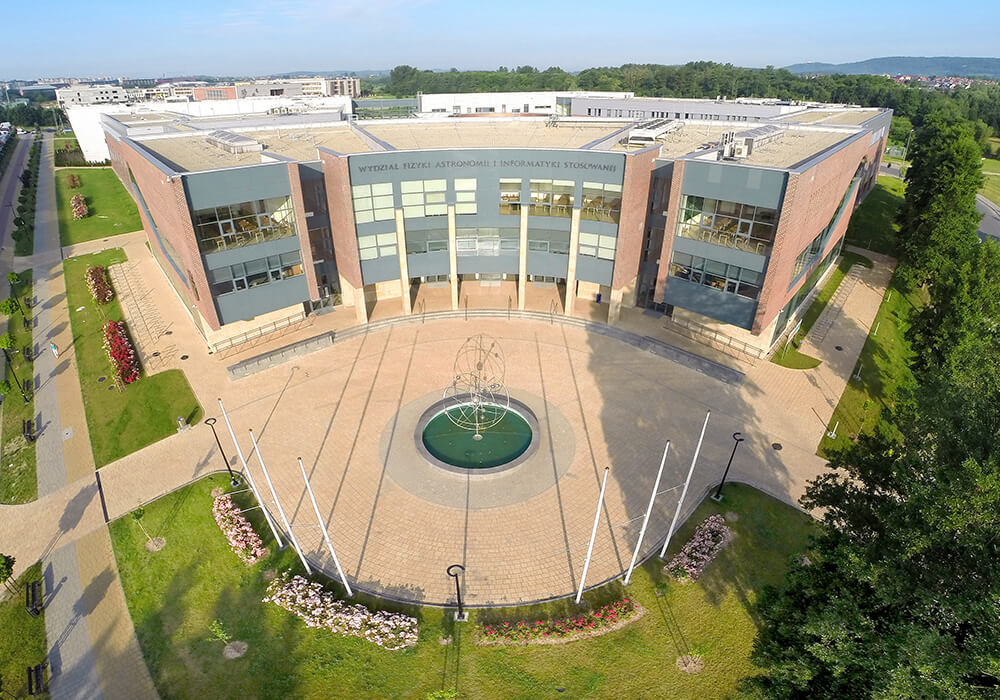Please be informed this study programme is offered in Polish—to undertake this programme knowledge of Polish language at least at sufficient level is required and will be verified upon application. If you do not speak Polish you can enrol in one of Polish language courses offered by Jagiellonian University School of Polish Language and Culture. Full list of programmes in foreign languages you may find here: Programmes in foreign languages.
 Web Content Display
Web Content Display
 Web Content Display
Web Content Display
 Web Content Display
Web Content Display
Advanced Materials and Nanotechnology
Faculty of Physics, Astronomy, and Applied Computer Science
Available programmes
first-cycle programme
study mode: full-time programme
language of instruction: Polish
profile: general academic
duration: 3 years (6 semesters)
title: Licencjat (equivalent of Bachelor's degree)
main discipline: Physical Sciences
second-cycle programme
study mode: full-time programme
language of instruction: Polish
profile: general academic
duration: 2 years (4 semesters)
title: Magister (equivalent of Master’s degree)
main discipline: Physical Sciences
Programme description
This study programme requires the cooperation of two faculties! Therefore, Advanced Materials and Nanotechnology are conducted jointly by the Faculty of Physics, Astronomy, and Applied Computer Science, and the Faculty of Chemistry. Advanced Materials and Nanotechnology classes cover the selected issues of physics and chemistry, allowing effective learning about advanced materials. What can you expect from this programme? Exploring the functioning of modern materials, their design and creation principles, and technologies to generate and explore physical and chemical phenomena at the quantum level. In general, the same is what employers from industry sectors based on new technologies and new generation functional materials (e.g., nanomaterials, biomaterials, photonic materials, advanced materials for modern electronics and optoelectronics) will expect from our graduates. Additionally, there are optional classes for future teachers allowing graduates to work at schools.
Information regarding Faculty
The Faculty of Physics, Astronomy, and Applied Computer Science is one of the cutting-edge such units in Poland. It has the A+ scientific category in the rating of the Ministry of Science and Higher Education and is a part of the Krakow Scientific Consortium named after Marian Smoluchowski awarded with the KNOW status (2013–2017). The faculty teaches in the scope of astronomy, astrophysics, physics, biophysics and applied computer science. It also offers interdisciplinary studies in mathematics and natural sciences and studies in the advanced materials and nanotechnology field of study. Fields of studies conducted at the faculty lead in rankings prepared by the Education Foundation 'Perspektywy' and talented students win the prestigious Diamond Grant programme.
The premises of the Faculty of Physics, Astronomy, and Applied Computer Science are located on the territory of the Campus of the 600th Anniversary of the JU Revival, located on the JU Campus. The Advanced Materials and Nanotechnology study programme is run jointly with the Faculty of Chemistry. Students gain a practical knowledge based on classes in laboratories and workshops equipped with modern research and measuring equipment, and specialized software which is crucial when it comes to further research work and participation in research projects or career in other jobs. The Faculty cooperates with many companies by conducting joint classes, research projects, and master's theses.
👉 Virtual walk through the Faculty of Physics, Astronomy, and Applied Computer Science
Rankings, distinctions, accreditations
- Scientific category A+ in the main discipline of Physical Sciences awarded to the Jagiellonian University in Kraków by the decision of the Minister of Education and Science
Go to the video
Curriculum overview
In the programme curriculum, you may find information about the subjects you will attend while studying this programme. The programme indicates which subjects are scheduled for each semester of the studies, which are mandatory, which belong to the group of elective subjects (so-called optional subjects), which of them end with an exam, and which do not. Each subject in such a programme curriculum has its syllabus, which is a description of what students learn within the scope of that subject.
Student matters
- Live and learn in Kraków
- Dormitories
- Scholarships
- Academic calendar
- Exchange programmes
- Academic Sports Association
- JU Student Government
- Safe Student
- Student Centre for Support and Adaptation
- Accessibility Center
International Students Office
Centre of Academic Support
internationalstudents.uj.edu.pl
iso@uj.edu.pl
ul. Ingardena 6, 30-060 Kraków, Poland
Student Scholarships Office
Centre of Academic Support
stypendia.uj.edu.pl
stypendia@uj.edu.pl
ul. Ingardena 6, 30-060 Kraków, Poland
Student’s life
Time spent at the university is not all about education and class participation; it is also an excellent opportunity to develop hobbies and interests. Many research societies and student organizations work at the Jagiellonian University, including faculty- and university-wide ones. These societies allow students to spend their free time actively, gain knowledge, develop their talents, participate in engaging, unconventional projects, go on research and team-building trips, participate in conferences and meet fellow students outside the lecture halls. There are many student associations at the Faculty of Physics, Astronomy, and Applied Computer Science, f.e. Nanotechnologists Research Group, young scientists can apply for the Frank Wilczek Prize funded by the Faculty and the Kosciuszko Foundation, or for a scholarship and tutoring as part of the SciMat project.
Students interested in the international dimension of studying can participate in a wide variety of exchange programmes such as Erasmus+, Utrecht Network, exchange programmes within Bilateral Agreements or European university Una Europa, or participate in a domestic mobility programme called MOST.
More than just studies
- SciMat—scholarship programme
- Frank Wilczek Prize—for outstanding young researchers
- Student Government of the Faculty of Physics, Astronomy, and Applied Computer Science
From our students
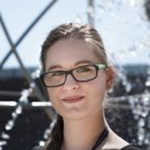 Aleksandra: science, aesthetics, imagination
Aleksandra: science, aesthetics, imagination
Generally, my studies are a mixture of various things: all areas of chemistry, physics, elements of mathematics, material studies, metal science, etc. Additionally, those areas are divided into multiple specializations: biomaterials, nanomaterials, macromolecules, photonics, nanotechnology, and advanced materials for IT.
From our lecturers
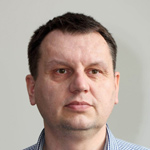 Dr Witold Zawadzki, Institute of Physics
Dr Witold Zawadzki, Institute of Physics
The University provides unique conditions for studying – access to modern research equipment, scholarship programs and the most important: people – academics and scientists.
Go to the video
All about admission
- Admission statistics
- Welcome to the Jagiellonian University
- Admission for programmes in Polish
- Online Application System
- International Students Office
Admissions Office
Centre of Academic Support
welcome.uj.edu.pl
welcome@uj.edu.pl
ul. Ingardena 6, 30-060 Kraków, Poland
Admission to studies
Admission to study programmes at the Jagiellonian University is conducted electronically in the Online Application System: irk.uj.edu.pl. If you have any questions related to admission, please contact the Admissions Office directly or visit the websites: welcome.uj.edu.pl and irk.uj.edu.pl.
Detailed information about admission to this study programme, including information on the method of calculating the result, qualification criteria, fees, deadlines, and a list of required documents are available on the Online Application System (IRK): irk.uj.edu.pl
Transfer from other university or study programme
Transfer from another university, including a foreign one, or change of study programme within the University is possible with the dean's consent after completing the first year of studies and fulfilling additional requirements established by the Faculty Council. For inquiries regarding transfer, please contact the unit responsible for the specific study programme directly.
See also
- Job offers, internships, and volunteerings for students
- Workshops & presentations
- Career counseling
- Mentoring support
- JU Alumni
Careers Service
Centre of Academic Support
biurokarier.uj.edu.pl
kariery@uj.edu.pl
ul. Ingardena 6, 30-060 Kraków, Poland
Graduates
Graduates of Advanced Materials and Nanotechnology are prepared to work at fundamental and applied research institutions and companies related to advanced production technology, which constitutes research & development and diagnostic background for the industry. They can also be employed in quality control laboratories, pharmaceutical, chemical, electronic, plastics, and other sectors based on advanced materials. Many of the learning outcomes acquired during laboratory classes have practical application in the future work of graduates in scientific and research laboratories or industrial laboratories. Completion of optional courses for future teachers allows graduates to work at schools.
Further education possibilities
- Second-cycle programmes
- Doctoral School, f.e. Doctoral School of Exact and Natural Sciences
- Post diploma programmes
University in close-up
Centre for Communications and Marketing
Offer for school
The following events are conducted in Polish – to find out about the offer for English-speaking audience, please get in touch with the organizer directly. Additionally, due to the current pandemic, some faculty and university events may be canceled or conducted in a form other than that described below.
The Faculty of Physics, Astronomy, and Applied Computer Science offers the following events:
- laboratory classes based on simple experiments from the scope of mechanics, thermodynamics, electricity, and optics performed by students on their own under the supervision of experienced academics and doctoral students
- workshops in physics—for students interested in physics in the scope exceeding their school's curriculum. The programme consists of solving problems concerning physics in the form of multi-level theoretical tasks, classes in the physics workshop, and individual meetings of workshop participants with the Institute of Physics academics
- evenings with stars organized at the Astronomical Observatory—include popular science lecture, the exhibition of meteorites, a visit to the observatory domes, observation using a 35cm Maksutov telescope (if the weather is right)
- 'Women to science!' campaign; astronomy for everyone; physics high-school mock exam, and much more.
More information about the evens is available on the Faculty's website.
We invite all schools to take part in the cycle of meetings "University Closer to You – visits to the Jagiellonian University". The aim of the meetings during the tours is to familiarize students with the history of our University through a rich educational offer (lectures, workshops, laboratory classes, etc.). The current programme of the event is available on the organizer's website – the Centre for Communications and Marketing of the Jagiellonian University.
The Jagiellonian Library offers tours of both the old and new parts of the building. The tour programme includes presentations on the history of the Library and the building itself, as well as a visit to the Department of Depositories. The offer of the Collegium Maius includes lessons on "The Trail of Science" and "The Trail of History and Art," as well as interactive online classes. We also invite you to explore the educational offer of the Botanical Garden, the Nature Education Centre, the Confucius Institute, and the Museum of Anatomy.
Contact
The study programme is conducted at the Faculty of Physics, Astronomy, and Applied Computer Science located in the Campus of the 600th Anniversary of the JU Revival, so-called the Third Campus, in Kraków’s district – Ruczaj. For more information, please contact:
ul. Łojasiewicza 11
30-348 Kraków, Poland
Phone: (+48) 12 664 48 90
Other programmes that may interest you
- Physics (Faculty of Physics, Astronomy, and Applied Computer Science) – programme in Polish
- Biophysics (Faculty of Physics, Astronomy, and Applied Computer Science) – programme in Polish
- Chemistry (Faculty of Chemistry) – programme in Polish
- Studies in the Mathematics and Natural Sciences (Centre for Interdisiciplinary Studies in the Mathematics and Natural Sciences) – programme in Polish

